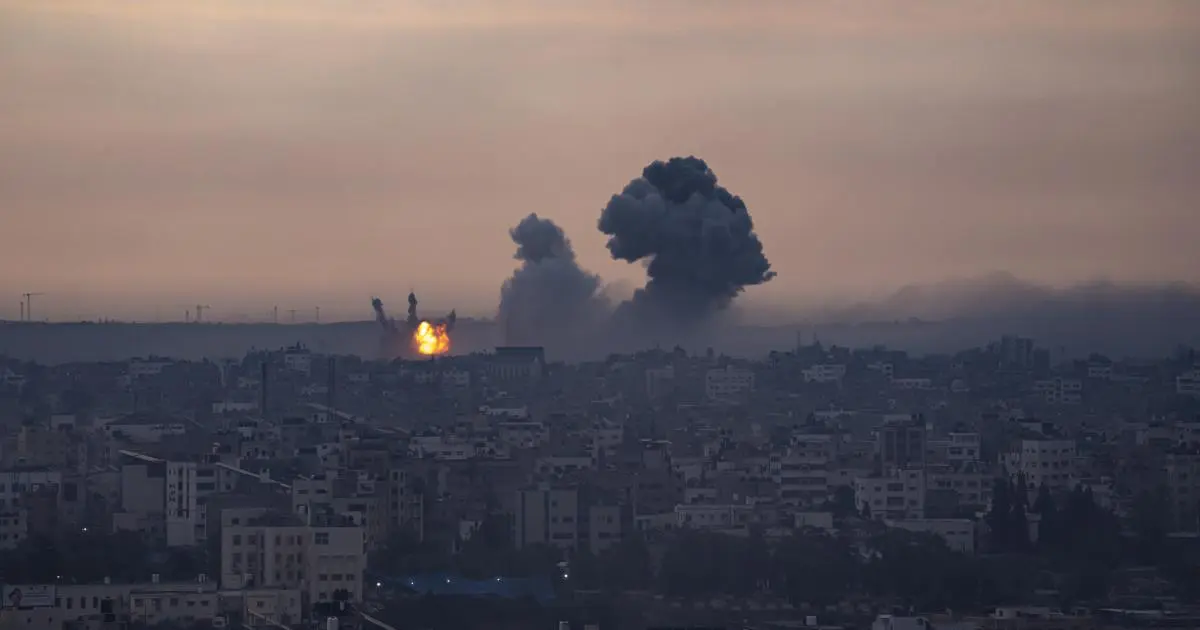A senior Hamas politician has issued a serious warning that Israel’s ongoing operation in Gaza City could endanger the lives of hostages held by the group. This comes in the wake of an Israeli strike in Doha that targeted top Hamas leaders—an attack the Hamas official survived.
Key Details
- The Speaker: The comments came from Bassem Naim, a member of Hamas’s political bureau. He was one of the targets of Israel’s recent strike in Doha, Qatar. This is his first public statement since the attack.
- The Message: Naim cautioned that the Israeli ground offensive in Gaza City will provoke strong resistance. He said that those Israeli forces who carry out operations in that area risk harming hostages—both living and, if applicable, those already deceased.
- Hostage Dispersal: In parallel, Hamas’s military wing claimed that hostages are scattered across different neighborhoods in Gaza City. Hamas has indicated that it will not take responsibility for their safety if the Israeli operation continues in its current form, saying that the expansion of military operations undermines any possibility of retrieving hostages alive or in good condition.
Context
- The Doha strike aimed at Hamas leaders drew international attention. It occurred during talks involving a U.S.-backed ceasefire and hostage release proposal. Israeli leadership has suggested that such strikes are necessary to weaken Hamas command structures. Hamas, however, says none of its senior leadership were killed, and views the strike as an attempt to derail diplomatic efforts.
- Families of hostages have already expressed grave concerns. Many warn that escalating military action in urban areas with civilian concentrations may lead to increased casualties among those being held captive.
Implications
- Diplomatic pressure may increase on Israel to modify or restrain its offensive, especially in densely populated areas of Gaza City, to protect mediator trust and avoid further international condemnation.
- Humanitarian risk is growing, both for civilians caught in the crossfire and for hostages. Urban warfare tends to blur lines between combatants and non-combatants, raising the potential for tragic mistakes or deliberate misuse of hostages in combat strategy.
- Negotiation challenges: The warnings suggest that Hamas views Israeli military moves as undermining ceasefire/hostage release negotiations. If too many hostages are harmed, it could intensify pressure on mediators to force a halt in operations.
What to Watch
- Whether Israel adjusts its operational strategy in Gaza City in response to hostage safety concerns.
- Reactions from international mediators, including Qatar, who have been orchestrating negotiations over ceasefire and hostage release.
- Statements from hostages’ families and human rights organizations—they often serve as early indicators of whether operations are crossing lines that exacerbate humanitarian harm.
















Leave a Reply